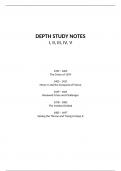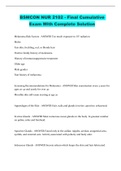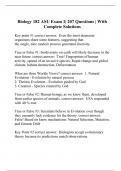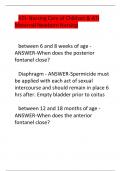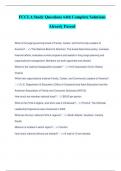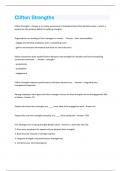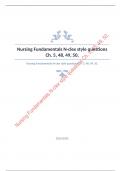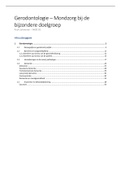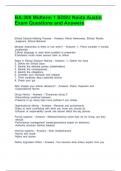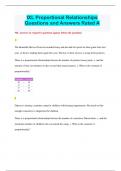Summary
Summary Medieval England A Level History Depth Study Notes ()
- Institution
- PEARSON (PEARSON)
Detailed notes on the A Level History Medieval England Depth Studies. Covering the period from the reign of Henry IV to the reign of Henry VII, these notes provide summaries as well as precise factual information to help you ace Paper 3.
[Show more]
